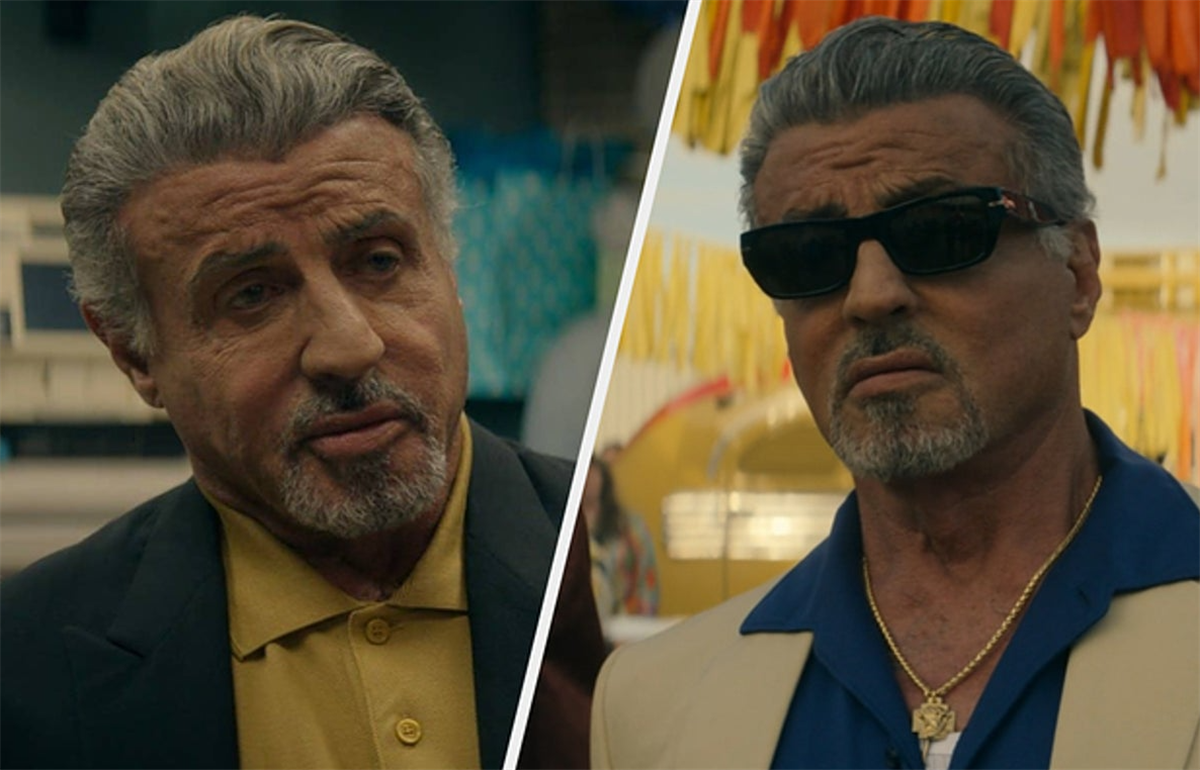In “Tulsa King,” Sylvester Stallone plays New York mob boss Dwight “The General” Manfredi, whose reward for keeping his mouth shut in prison for 25 years is a new piece of territory in Tulsa, Oklahoma. One character identifies it as “the middle of nowhere,” a phrase that could just as easily be used to describe an actor finding his way in the streaming wilderness. For Stallone, who enjoyed a long career as a movie star before taking on his first regular TV role in “Tulsa King,” that’s not the only aspect of the character with parallels to his own life’s journey.
It’s easy to forget this, given how much Stallone’s screen presence lends itself to caricature, but he’s been nominated for three Oscars: two for best actor and best original screenplay with “Rocky,” and one more for best supporting actor, almost 30 years later when he reprised his role as boxer-turned-trainer Rocky Balboa in “Creed.” Stallone also directed three of the “Rocky” sequels along with films like “Rambo” and “The Expendables.” He’s not just an actor, and in fact, he indicated to IndieWire in January 2023 that “Tulsa King” may even be his acting “swan song,” as he pivots to working behind the camera more on future projects.

Though Stallone is not credited as a writer on “Tulsa King,” showrunner Terence Winter (“Boardwalk Empire,” “The Wolf of Wall Street”) recognized that his writing experience and life experience could be useful to the creative process. It seems Manfredi draws on some aspects of Stallone’s own offscreen personality.
“I tried to make it as close to my personality as possible,” Stallone said. “The idea is: They come up with an idea, a concept, but if you’re a writer, you know how to tailor things to your strengths and deflect your weaknesses.”
‘Dwight talks how I talk’

As for what specific aspects of Sylvester Stallone’s “Tulsa King” protagonist mirror his own personality, the actor previously told Collider that, as a gangster, his character is “a little off-center at times, irreverent,” the way he himself is offscreen. He also pointed to some of the show’s humor as an outgrowth of his personality, discussing how Dwight Manfredi “can be silly and do jokes, and kind of embrace other people instead of threatening them.”
“He goes, ‘Oh, he’s a gatherer. He’s a guy that coordinates people together,'” Stallone said. “He sets up his own kind of, let’s say paradigm, his own periphery, of allies, instead of alienating people.”
It’s easy to extrapolate from this and see how these personality traits could also perhaps be used to describe Stallone as a producer and as someone who helped shepherd “The Expendables” franchise, rounding up other ’80s and ’90s stars for what was the “Ocean’s Eleven” of action movies. Stallone further explained to Brooklyn Magazine that, despite his screen image as Rambo, he’s “not really that monosyllabic, dark and petulant,” and he doesn’t talk like Rocky, either.
“Dwight talks how I talk,” he said. “This is how I roll. And I thought, let me just see if this works. If it bombs, then I know I have a s***ty personality.”
“Tulsa King” has done the very opposite of bombing, scoring higher premiere ratings than “House of the Dragon” and becoming a hit for Paramount+, where you can stream the entire first season. It’s also received a season 2 renewal, so Stallone fans haven’t seen the last of him in “Tulsa King.”
